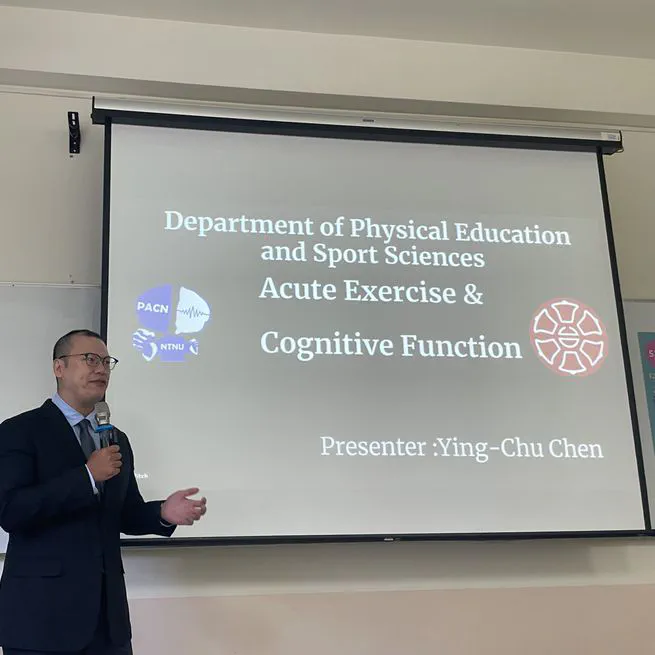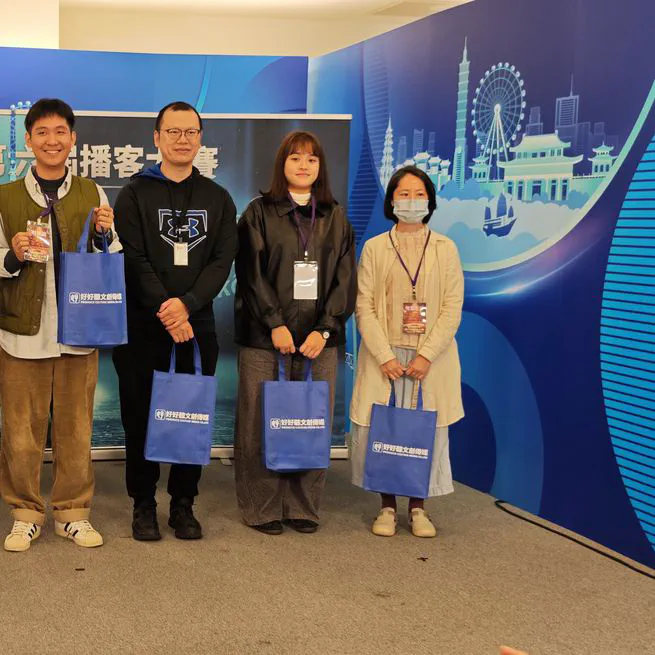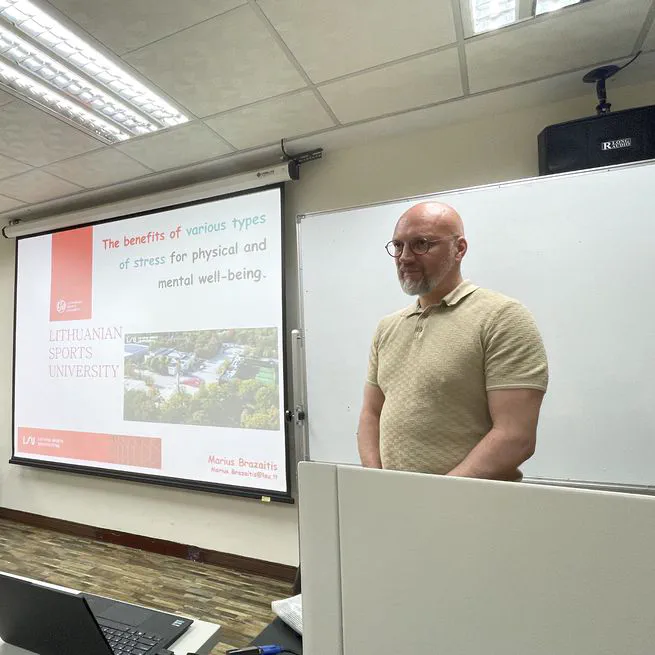
In the course demonstration session led by Steve Ying-Chu Chen, he showcased his extensive teaching experience and demonstrated how flexible bilingual strategies in EMI (English as a Medium of Instruction) can help students engage more effectively in fields like exercise science and cognitive neuroscience. By using translanguaging, students are able to draw on their full linguistic resources to deepen their understanding and express complex ideas, while also enhancing their academic English skills.Ying-Chu Chen emphasized that bilingual teaching is not just about switching between languages; it's a powerful tool for promoting educational equity and global competence. When students are taught in a multilingual environment, they can develop a broader perspective, critical thinking skills, and a stronger connection to global knowledge.The seminar also addressed the growing importance of language equity in higher education, stressing that EMI should aim to lower language barriers so that students from diverse linguistic backgrounds can equally participate, understand, and express themselves. By balancing language use with content delivery, instructors can create a more inclusive learning environment that is both academically rigorous and accessible. Additionally, the seminar explored the future of bilingual collaboration in teaching, offering practical strategies and insights to help educators find the balance between theory and practice in EMI classrooms. Overall, the event not only showcased the diversity of bilingual education but also prompted attendees to think about how to continue advancing language inclusion and academic innovation in globalized education.
Oct 17, 2025

One of the most impactful takeaways from Professor Brazaitis’ lecture was the reconceptualization of stress as a biologically essential process rather than an inherently negative experience. Through compelling physiological models and real-world examples, he emphasized that controlled stress exposure can trigger beneficial neuroendocrine adaptations, improve cognitive function, and enhance physical resilience. As someone conducting research on acute exercise and cognitive performance, I found his interdisciplinary approach highly relevant and invigorating. The lecture prompted me to reflect on how we can design interventions that harness stress adaptively rather than merely avoiding it. His message was not only scientific but also empowering: stress, when well understood, can be an ally in optimizing health.
Apr 21, 2025

One of the most impactful takeaways from Professor Brazaitis’ lecture was the reconceptualization of stress as a biologically essential process rather than an inherently negative experience. Through compelling physiological models and real-world examples, he emphasized that controlled stress exposure can trigger beneficial neuroendocrine adaptations, improve cognitive function, and enhance physical resilience. As someone conducting research on acute exercise and cognitive performance, I found his interdisciplinary approach highly relevant and invigorating. The lecture prompted me to reflect on how we can design interventions that harness stress adaptively rather than merely avoiding it. His message was not only scientific but also empowering: stress, when well understood, can be an ally in optimizing health.
Apr 21, 2025